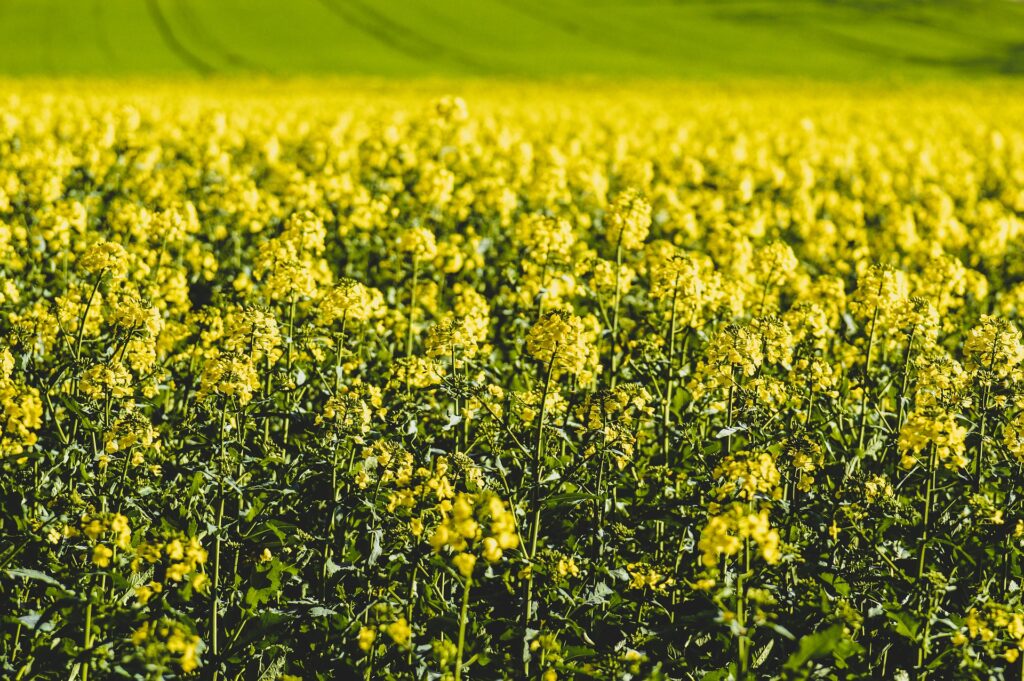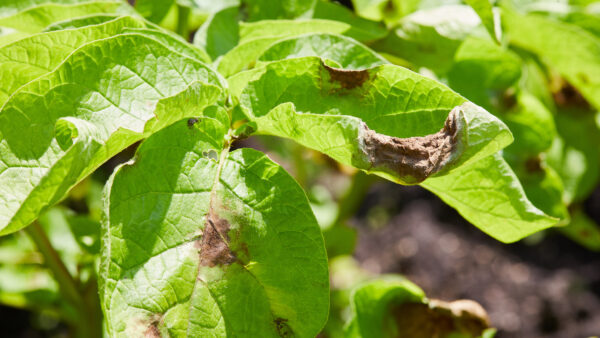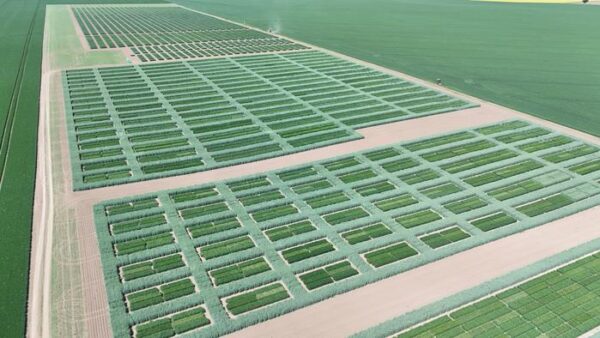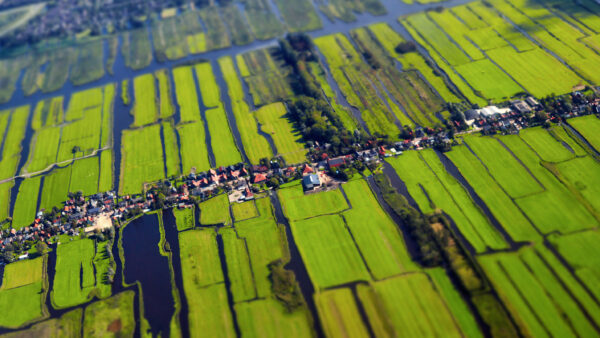The vibrant yellow expanses of oilseed rape are dwindling in western Europe, with growers facing mounting challenges in pest management and a shrinking array of chemical solutions. In regions like the UK, crop cultivation has plummeted by up to 70 per cent. Meanwhile, the demand for seed oils continues to rise. Recent geopolitical upheavals, like the conflict in Ukraine, have worsened the supply crunch. Unless effective pest control measures are devised, further drops in production appear unavoidable.
It’s timely that this month sees the release of a special edition of the journal Pest Management Science dedicated to illuminating novel integrated crop protection methods for oilseeds, according to a press release from Rothamsted Research. Emphasizing the pursuit of sustainable alternatives to synthetic pesticides, the focus lies on their development and application. Such alternatives are imperative to guarantee the continued and sustainable cultivation of oilseed crops.
Oilseed plants hold a significant role in cultivated crops, offering vegetable oil and high-energy animal feed, thereby serving as a nutritious solution to fulfill the fat requirements in both human and animal diets. Additionally, the escalating demand for biofuels has propelled their cultivation worldwide, reflecting substantial increases in their production on a global scale.
“This popularity has led to proliferation of the pests that affect the crops, in particular insects that feed on the plants and pathogens that cause diseases,” said lead editor of the special edition Dr. Sam Cook, a crop protection specialist at Rothamsted Research.
“Like most of arable agriculture, pest control in oilseed crops has become reliant on synthetic chemistry but overuse has resulted in serious problems including pest resistance and environmental pollution.”
The release notes that working group (WG) of the International Organization for Biological Control (IOBC) was formed in 1990 to address these issues. The Special Issue of Pest Management Science is inspired by the biannual meeting held online in 2022; and contains papers presented at this meeting as well as contributions from other members of the rapeseed research community.
The focus of the problem lies in integrated pest management for rapeseed, primarily oilseed rape (Brassica napus), constituting 60% of the European Union’s current oilseed production. Consequently, the EU stands as the largest global producer of oilseed rape. Major pests affecting this crop include the cabbage stem flea beetle (CSFB), pollen beetles, and fungal diseases such as Phoma leaf spot and stem canker.
“In many field situations the cultivation of oilseed rape requires high amounts of pesticides, which has negative environmental impacts and leads to pesticide resistance,” said Cook. “Legislation in the European Union has decreased the number of effective active substances so alternative plant protection strategies are in great demand. Biological control approaches offer exciting potential.”
The journal’s papers include research demonstrating the potential for controlling CSFB through nematodes and pathogenic fungi, insights into how innovative taxonomic approaches to disease-causing organisms are paving the way for new control methods, and progress in surveillance technology, including the use of optical sensors to detect invading insects. Additionally, enhanced comprehension of insect pest migration and ecology is yielding promising insights for implementing more precise management strategies.
“We hope these lines of research can ultimately contribute to healthier and safer food products and a less polluted environment through reduced use of synthetic pesticides,” said Cook.












